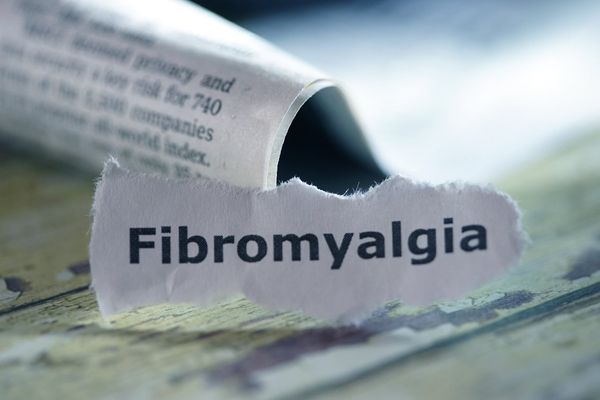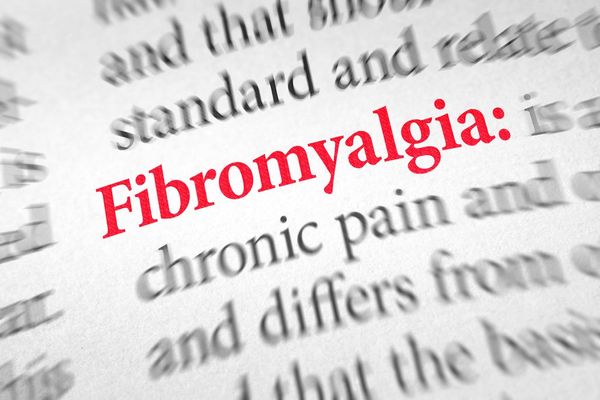By Jennifer Goldstein
Warm. Loving. Fun. Caring. Courageous. These are the words that I use to describe my mom. I am not sure that she would describe herself this way, but I think she really isn’t aware of how incredible and inspiring she is to everyone who knows and loves her.
It is hard to remember when my mom first became sick. I only remember bits and pieces of her journey to a diagnosis of and treatment for fibromyalgia. I do remember that she had constant pain throughout her body and that it was more excruciating in some areas than in others. She struggled with sadness and depression, especially when doctors – even some that were world-renowned – told her that her pain was all in her head. But it wasn’t in her head; it was very real.
My family struggled to find a solution, a diagnosis, answers, and medication to address her symptoms and provide both physical and emotional support. We went to hospitals in Boston, looked into treatments in the US and abroad, and did significant amounts of research to determine what was wrong. We looked into support groups and alternative therapies. It seemed a cruel irony to me that my mom, who worked as a vocational rehabilitation counselor and helped so many others over the years, had an illness that was not easily diagnosed or controlled.
It was many years before she was diagnosed. We learned that her journey was not uncommon – many other families that we met along the way and read about had similar experiences of being misdiagnosed for many years, being told as children that they were experiencing “growing pains” or not being taken seriously at all. In times of frustration, we cried and lashed out at each other, but we always clung to one other for support and the strength to fight as a team for more information and for my mom to get better. Thankfully, she has come a long way in her treatment.
For me, it was infuriating, excruciating, and unbelievable to see my mom suffering. For my dad, it was heart wrenching to see my mom suffering; painful to see me worried and difficult to accept, as a pharmacist, that medications he thought could be helpful could not take away her pain.
My mom was, as always, brave. She tried to hide some of her struggles against the pain, so we wouldn’t know how awful it was when it was really bad. She still does. She fought over the years to find a way to be present and involved with our family, even on a rough day. She always managed to be there for us, never missing an important event or an opportunity to be there to celebrate and spend time with her family.
My mom has had some relief over the past few years and continues to fight every day especially during “flare-up” periods. I am not even sure she realizes how far she has come – from days when she could barely get out of bed to living a more normal life where she is usually able to enjoy life's little pleasures, to travel, and even to help me pack and move a few months ago! She is certainly not pain-free or cured and still worries about the future. I think that she is living a better, more manageable life than she ever would have imagined. A combination of medication, acupuncture, massage, and the love and support of her family have helped make a difference.
Her illness has been hard for our family, but it has also made us stronger and closer. It really taught the three of us how important we are to each other and that each day should be a celebration of every moment that we have together. And I know that when I am sitting in the car with my parents and I see them reach out to hold one another's hands, I can only aspire in the future to be more like both of them.
The health information contained herein is provided for educational purposes only and is not intended to replace discussions with a health care provider. All decisions regarding patient care must be made with a health care provider, considering the unique characteristics of the patient.
Supported by Pfizer Inc.







